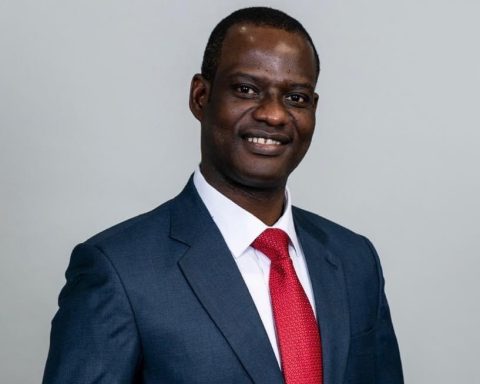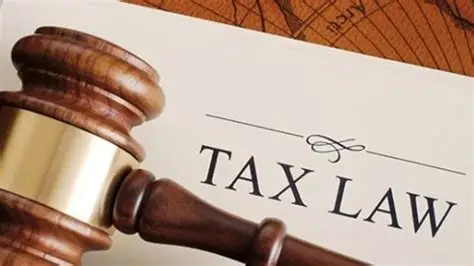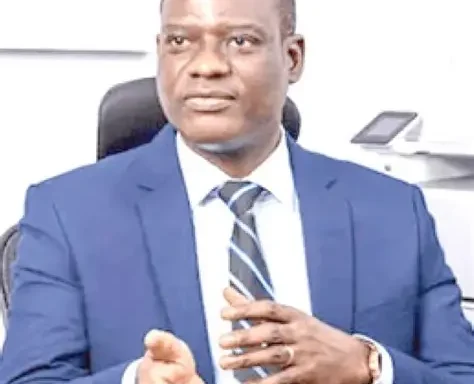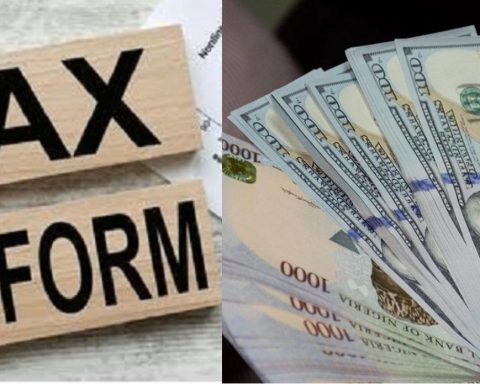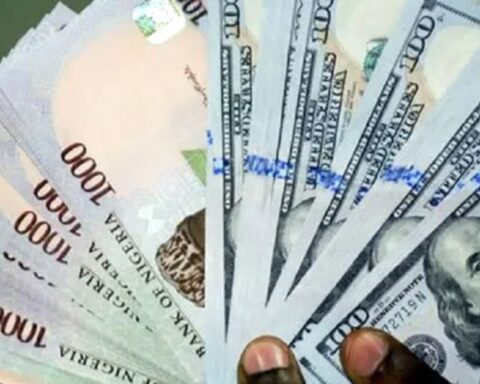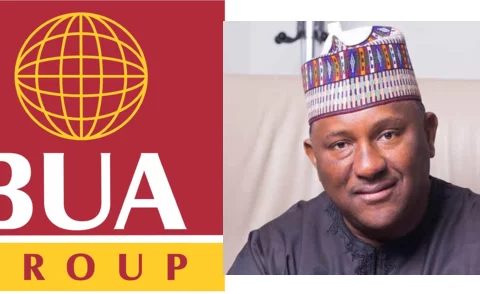As Nigeria’s National Assembly harmonises the tax reform bills passed within the week, a tax expert has emphasised the need for authorities to introduce modern technology to ensure efficiency in collection and management.
Wale Ajayi, Head of Tax, Africa at KPMG, stated that in order to effectively realise goals the tax bills are intended to achieve, it is imperative for tax authorities to deploy technology.
Join our WhatsApp ChannelPrime Business Africa reports that within last week, the two chambers of the Nigeria’s National Assembly passed the four tax reform bills proposed by President Bola Tinubu in 2024.
The Senate passed the four bills on Wednesday and Thursday after debates and votes by the lawmakers on each of them.
The tax reforms, which are aimed at boosting government revenue, was met with resistance from some sections of the country last year, leading to calls for public hearing for more inputs from critical stakeholders.
After removing subsidies on fuel and electricity (partially), and implementing foreign exchange reforms, Tinubu’s government has shifted focus to overhauling the tax system to boost revenue and efficiency.
On Wednesday, 7 May, senators passed the Nigeria Revenue Service (Establishment) Bill, and the Nigeria Tax Administration Bill after a clause-by-clause review conducted at committee of the whole.
Subsequently, the upper chamber, on Thursday, passed the remaining two of the four tax reform bills which are the Nigeria Tax Bill and the Joint Revenue Board Establishment Bill.
READ ALSO: Lawmakers Pass Tax Reform Bills After Months Of Debate
Like previous ones, the bills were considered after the senators debated them at the Committee of the Whole.
Senate President, Godswill Akpabio, announced passage of the bill after a majority of the senators supported it through voice vote.
The red chamber retained the 7.5 per cent being collected by the federal government from consumers of goods and services known as Value Added Tax (VAT). Section 146 of the Nigeria Tax Bill had proposed gradual increase to 12.5 per cent through 2026, 2027, 2028, and 2029, while by 2030, the VAT will be raised to 15 per cent.
On the aspect of the bills that sparked controversies, the lawmakers and stakeholders had an agreement during public hearing on keeping equality at 50 per cent and alternate between 30 and 20 per cent for the derivation and population.
“The amount of VAT revenue standing to the credit of states and local governments shall be distributed among them on the following basis:
“State Governments: Equality – 50 per cent; Population -20 per cent; Place of consumption -30 per cent; Local Governments -70 per cent; Equality -30 per cent.
“Change the word ‘Derivation’ to ‘place of consumption’ to provide clarity.”
Mr Akpabio announced that a harmonisation committee would be established to reconcile the Senate’s versions of the bills with those already passed by the House of Representatives.
The harmonised versions are expected to be transmitted to President Tinubu for assent.
READ ALSO: Tax Reform Bills Will Spur Every Region To Be Financially Independent – Shehu Sani
Commenting on the tax reform bills, Mr Ajayi, who appeared on Channels Television’s Politics Today, programme noted that the bills, when finally signed into laws, would transform the fiscal landscape and contribute to enhancing ease of doing business in Nigeria.
According to him, integrating technology in tax administration would help in not only promoting transparency through blocking leakages but also help in tracking revenue size of taxable entities and individuals thereby mitigating challenges in assessment.
He cited an example of the widening deficit in the 2025 budget as oil prices have dropped below $60 per barrel against $75 benchmark, noting that one way of boosting revenue through tax is by introducing technology. “There is nowhere in the world that has not incorporated technology to enhance compliance and that’s what the bill seeks to do,” Ajayi stated.
“We need to introduce technology because the only way you can increase your tax collection is not by imposing higher taxes on people. There is so much leakage in the system, and the only way we can curb that to improve compliance is to introduce technology.”
He stated that when compared with other countries in the world, Nigeria has one of the lowest tax-to-GDP ratio, currently around 13 per cent and it needs to increase to at least 15 per cent for the government to be able to deliver the dividends of democracy.
He emphasised that it won’t be possible to increase the tax-to-GDP ratio without plugging the leakages in the tax system. “And one of the problems that we have is in the area of collection, and we need to do something about that, and that is what the bill has attempted to address,” he added.
READ ALSO: Nigeria’s Tax Reform Bills: Necessary Shift Or Burden On Citizens?
In terms of benefits of the bills to corporate organisations, Ajayi said one of the significant changes is that they will henceforth not be subjected to paying taxes when they incur losses as opposed to the current practice.
“Now, what the bill has done, you know, is to ensure that any company that makes losses doesn’t have to pay the taxes,” he stated.
He also pointed out that the bills seek to reduce tax burden, especially on low-income earners by exempting those who do not earn up to one million naira per annum and also curb multiple taxes.
Victor Ezeja is a passionate journalist with seven years of experience writing on economy, politics and energy. He holds a Master's degree in Mass Communication.



